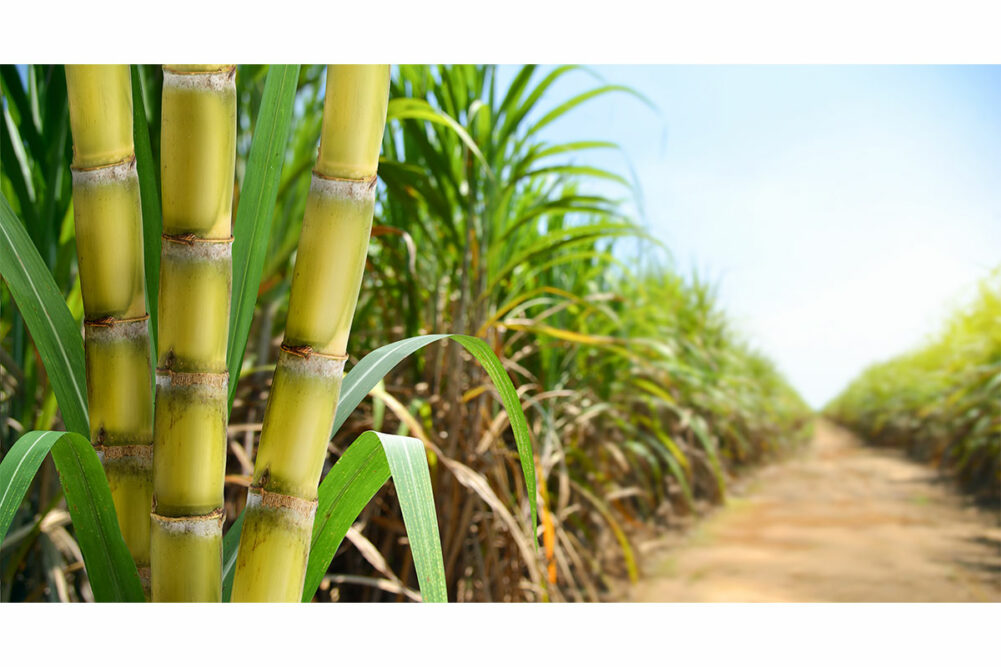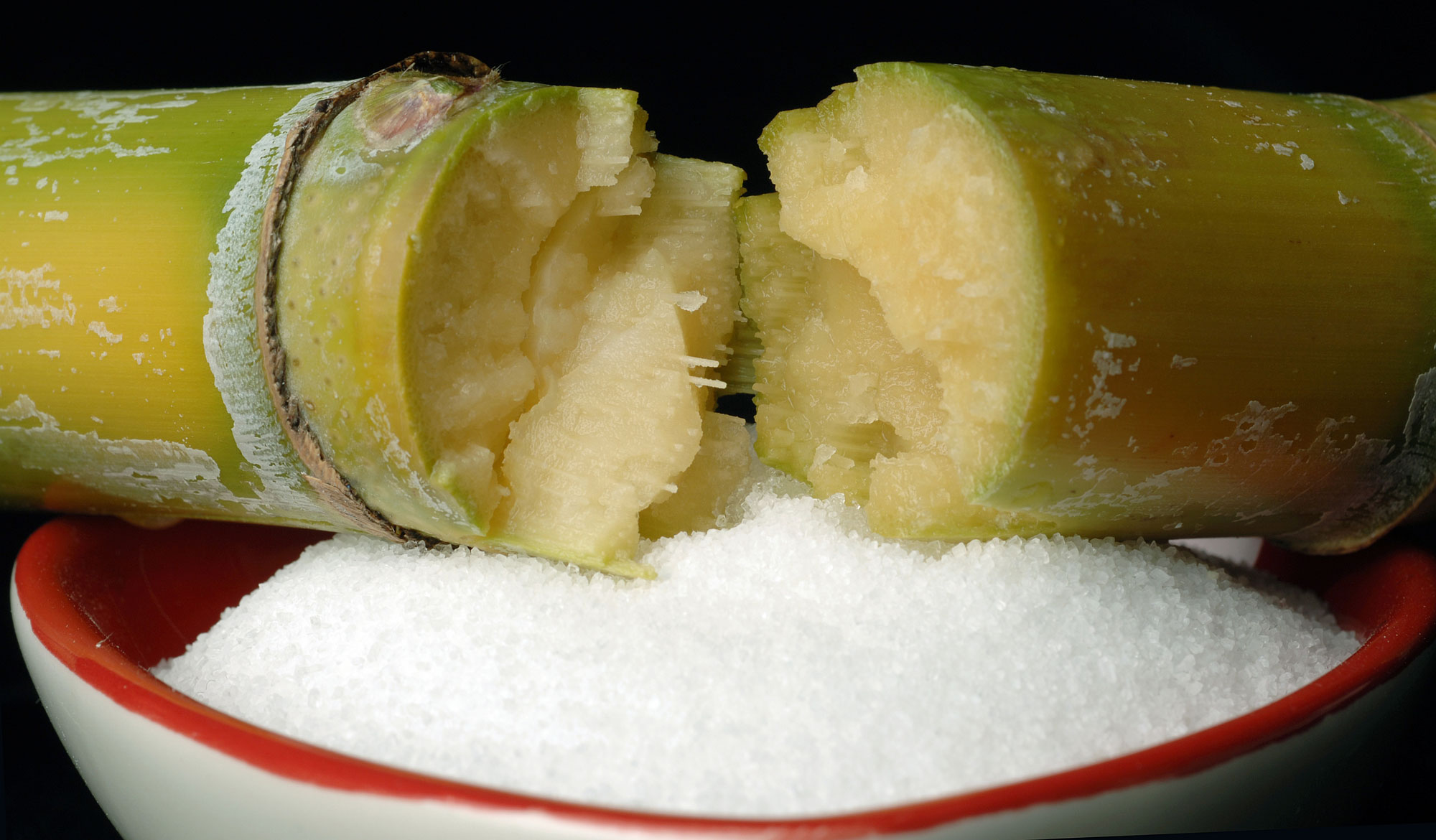The Difference Between Sugar and Cane: Understanding the Basics
The Difference Between Sugar and Cane: Understanding the Basics
Blog Article
Why Cane Sugar Handling Chemicals Are Essential for Modern Sugar Refining
The function of cane sugar handling chemicals in contemporary sugar refining can not be overemphasized, as they are integral to improving both the effectiveness of extraction and the general high quality of the final product. Agents such as phosphoric acid and details flocculants are utilized to get rid of contaminations, resulting in sugar that not just fulfills customer assumptions yet additionally sticks to industry standards.
Function of Handling Chemicals
The effectiveness of walking stick sugar handling pivots dramatically on the strategic application of processing chemicals. These chemicals play a critical role in improving the effectiveness and high quality of sugar extraction and refining. From the first stages of juice removal to the last filtration steps, handling chemicals promote numerous crucial operations.
In the removal stage, chemicals such as phosphoric acid and calcium hydroxide are used to maximize the information process, aiding to eliminate impurities and put on hold solids from the walking stick juice. This not only boosts the yield but additionally makes sure the quality of the last product. Additionally, agents like flocculants aid in the rapid settling of contaminations, consequently improving the overall procedure.
As the processing advancements, chemicals are utilized in decolorization and formation stages. Activated carbon and ion exchange materials serve to eliminate shade and odor, guaranteeing that the polished sugar meets customer quality criteria. Ultimately, the function of handling chemicals prolongs past functional performance; they significantly influence the sensory characteristics of the last product, adding to market competition. Hence, the thorough option and application of these chemicals are important for attaining optimal outcomes in walking cane sugar processing.
Key Kinds of Chemicals
Cane sugar processing counts on a range of vital chemicals that promote each stage of production. These chemicals play necessary roles in clearing up, lightening, and purifying the sugar removed from walking stick.
One primary group of chemicals includes flocculants, such as polyacrylamide, which aid in the explanation procedure by promoting the aggregation and settling of impurities. Additionally, calcium hydroxide is often utilized to counteract level of acidity and help in the removal of non-sugar elements.
Bleaching representatives, such as triggered carbon and sulfur dioxide, are used to decolorize the syrup, resulting in a clearer last item. These chemicals aid remove shade substances that may impact the sugar's appearance and marketability.
Moreover, phosphoric acid serves as a pH regulator throughout the processing phases, making sure optimal problems for the chemical activities included in sugar removal and filtration.
Other vital representatives include edta (ethylenediaminetetraacetic acid), which chelates metal ions that can catalyze undesirable reactions, and salt hydroxide, which aids in pH control throughout the refining procedure. Jointly, these chemicals improve performance and make certain a high-quality walking stick sugar item.
Benefits for Sugar Top Quality
Commonly forgotten, using details processing chemicals significantly improves the total top quality of walking stick sugar. These chemicals play a pivotal duty in refining procedures, guaranteeing that the final item fulfills rigorous industry standards for purity and taste.

Additionally, refining chemicals aid in accomplishing a constant granulation and structure, her comment is here which are vital for customer approval. By managing the crystallization procedure, these chemicals make certain that the sugar crystals form evenly, leading to an extra enticing item that dissolves well in different applications.
Additionally, making use of these chemicals can boost the life span of walking stick sugar by lessening wetness absorption and microbial growth. On the whole, the calculated application of processing chemicals is vital for delivering premium walking stick sugar that fulfills customer assumptions and industry needs.
Ecological Impact Factors To Consider

Furthermore, the energy-intensive nature of sugar refining, intensified by chemical usage, often leads to raised carbon discharges. This adds to climate modification and elevates worries relating to the sustainability of existing refining methods. Furthermore, the sourcing of these chemicals Discover More Here may include practices that intimidate biodiversity, such as monoculture farming, which minimizes the resilience of farming environments.

To minimize these effects, sugar refiners are significantly discovering sustainable alternatives and taking on best practices that minimize chemical use. Executing rigorous ecological monitoring systems can help guarantee that the refining procedure aligns with environmental criteria and advertises biodiversity. Inevitably, a balanced technique that focuses on both sugar top quality and environmental stewardship is important for the lasting stability of the sugar industry.
Future Trends in Refining
As the sugar sector faces the ecological challenges connected with standard refining methods, cutting-edge methods are emerging to improve both effectiveness and sustainability. One significant fad is the adoption of green chemistry concepts, which focus on making use of safe, biodegradable processing chemicals. This change not only minimizes environmental impact yet additionally addresses consumer need for cleaner manufacturing techniques.
An additional promising growth is the implementation of innovative filtering technologies, such as membrane splitting up and adsorption procedures. These strategies improve the clarity and high quality of the sugar while minimizing the quantity of wastewater created during refining. In addition, the assimilation of digital modern technologies, including IoT and AI, is changing operational performance by allowing real-time tracking and anticipating upkeep, therefore minimizing source waste.
Furthermore, the usage of byproducts from sugar refining, such as bagasse and molasses, is obtaining traction. These materials can be exchanged biofuels or value-added items, adding to a circular economic situation within the industry. Jointly, these patterns indicate a shift towards more lasting methods that not just enhance functional performance but likewise straighten with international sustainability objectives, guaranteeing the future practicality of sugar refining.
Final Thought
Walking cane sugar handling chemicals are essential in modern sugar refining, considerably improving the performance and top quality of sugar removal. The critical use these Website chemicals not only enhances the pureness and taste of the end product but likewise makes sure regular condensation and structure. As the market significantly focuses on sustainability, the fostering of environmentally-friendly handling representatives is most likely to form future trends in refining, inevitably causing better products and expanded rack life for customers.

Ultimately, a balanced technique that prioritizes both sugar quality and environmental stewardship is vital for the long-lasting stability of the sugar sector.
Cane sugar handling chemicals are crucial in contemporary sugar refining, considerably boosting the efficiency and high quality of sugar removal.
Report this page